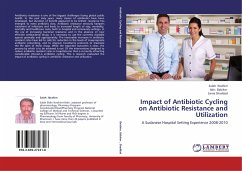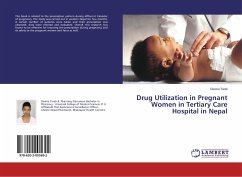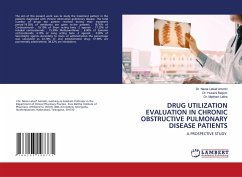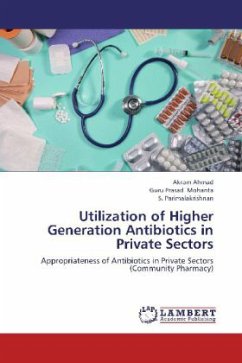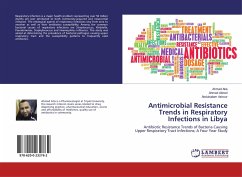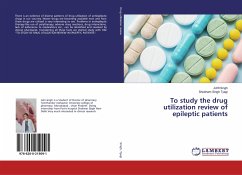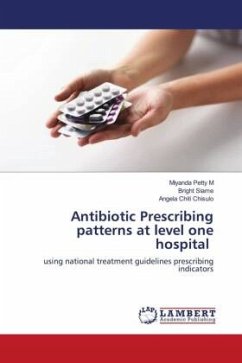Antibiotics resistance is one of the biggest challenges facing global public health. In the past sixty years, many classes of antibiotics have been developed, but duration of benefit appeared to be limited: resistance has emerged to every antibiotic class. Antibiotic resistance seriously hampers treatment of infections and leads to increased length of stay, morbidity, mortality and healthcare costs, both in hospital and community settings. In the era of increasing bacterial resistance and in the absence of new effective antibacterial drugs, it is necessary to use the currently available agents optimally and appropriately. The inexorable increases in antibiotic resistant rates have led to calls for reduction in the levels of inappropriate antibiotic prescribing, and to improve treatments protocols to maximize the life span of these drugs. While the expected outcomes is clear, the process by which is to be achieved is not. Of the interventions designed to reduce antibiotic resistant rates in hospitals,one that is currently attracting considerable interest,is antibiotic cycling. This is research evaluated the impact of antibiotic cycling in antibiotic resistance and utilization
Bitte wählen Sie Ihr Anliegen aus.
Rechnungen
Retourenschein anfordern
Bestellstatus
Storno

